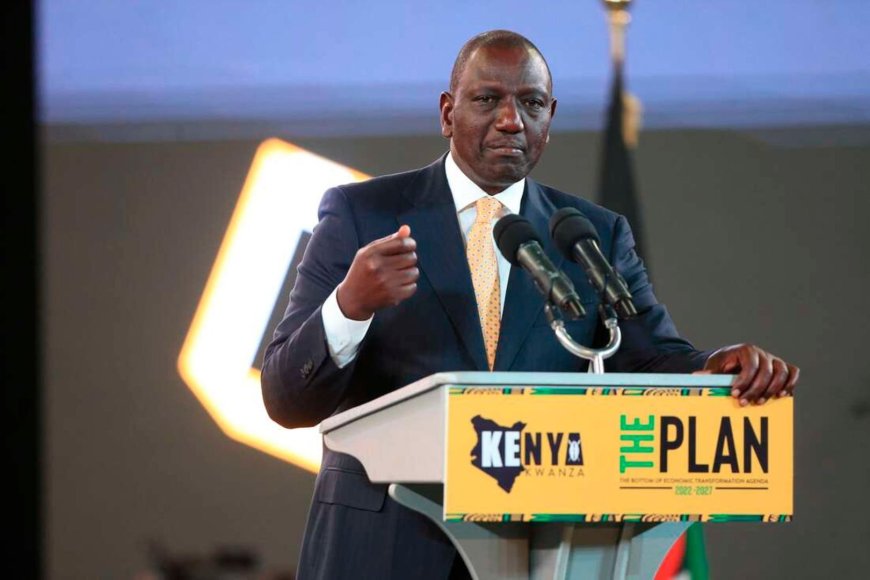Kenya's Position on the state of the Economy

Nairobi, Tuesday, June 13, 2023
KNA by Phinta Amondi/Emma Jolly
A report released by the PKF organization has shown that Kenya’s total nominal public guaranteed debt as of 31st December 2022 was at Sh9.1 trillion representing 63 percent of Gross Domestic Product (GDP) compared to Sh8.2 trillion by the end of 2021.
PKF Kenya, Chief Executive Officer (CEO) Alpesh Vadher said the debt accounts for both domestic and external debt stock at 48.9 percent and 51.1 percent respectively, which he attributed to exchange rate fluctuations.
The CEO who was speaking Tuesday during a Pre- Budget media briefing at a Nairobi hotel said according to the Kenya National Bureau of Statistics report, Consumer Price Indices and inflation rates for March 2023 were estimated at 9.2 percent from 5.6 percent in March 2022.
“The report has shown that a breach ceiling by the Central Bank of Kenya (CBK) with a target range of 2.5 percent to 7.5 percent escalated the inflation rate thereby increasing prices of food, non-alcoholic beverages, furnishings, housing, water, electricity, gas, fuel amongst others,” he stated.
Mr. Vadher said the organization’s aim in reviewing the current budget is to shed light on critical topics such as expert analysis of the proposed tax measures outlined in the finance bill, in-depth economic assessment, and outlook analysis.
Vadher noted that many importers have continued to face serious challenges with the availability of foreign currency despite the economy experiencing liquidity challenges, noting that CBK has maintained that foreign exchange reserves continue to provide adequate cover.
“Central Bank of Kenya interest rate rose from a steady rate of 7.0 percent in March 2022 to 9.5 percent in March 2023. This is five-year high as it was previously experienced in 2018,” said Vadher.
He reiterated that the monetary policy committee increased the benchmark interest rate reflecting on the rise of inflation, global risks, and their impact on the domestic economy which called for strict measures of the monetary policy.
Echoing his remarks, PKF Tax Consultant James Mulili said that the government and relevant parties involved have an obligation to cushion citizens from the overall inflation rate by exempting the Liquefied Petroleum Gas and Import Declaration Fee in order to lower the cost of living.
Mulili highlighted that the proposed increase of Value Added Tax on petroleum products from eight to 16 percent will negatively impact the country as there’s a huge reliance on these products as it’s the main source of energy.
“Kenya has remained narrow, exerting the tax burden on a few taxpayers in the economy. There however remains a large informal sector that has remained ‘hard to tax’ and therefore not contributing to the national tax basket,” said Mulili.
He stated that expansion of the tax base would promote equity and fairness in the tax system, and recommended that the government should keep abreast with the taxation measures to its subjects.
Courtesy ; K. N. A
What's Your Reaction?



































































































































































































































































































